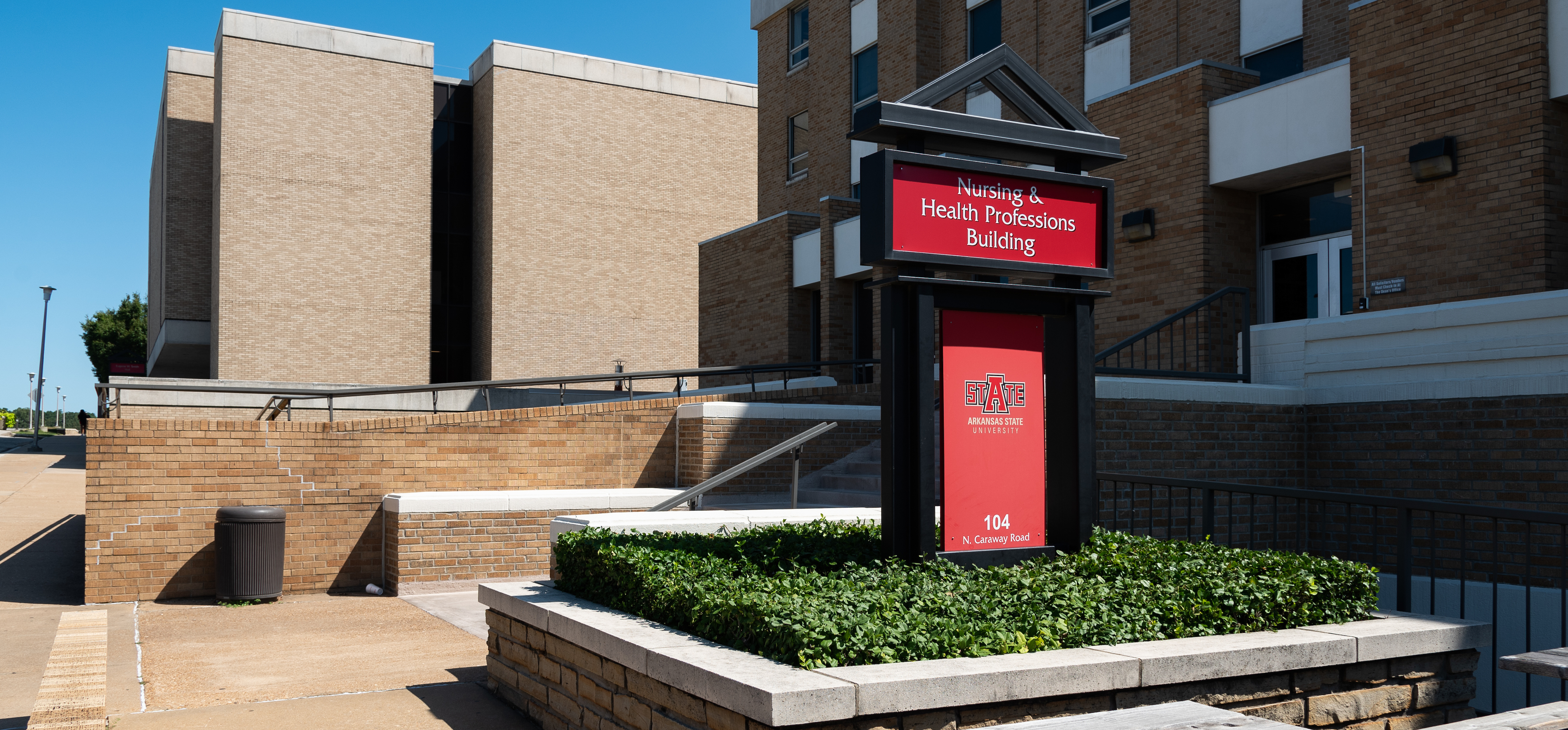Degree Name
Nursing Practice, DNP
Publication Date
2025
First Advisor
Sandy King
Second Advisor
Beatrice Bailey
Abstract
Simulation-based education is vital in nursing education, enhancing clinical skills and decision-making in a controlled environment. The DNP Quality Improvement (QI) project aimed to increase nursing faculty self-efficacy in facilitating simulation-based education by providing targeted training in high-fidelity simulation technology. A needs assessment at the school of nursing project site revealed that the faculty lacked sufficient experience and confidence in using simulation equipment. The impact of the simulation-based intervention was evaluated by applying a paired sample t-test, utilizing pre- and post-assessment data. Following a four-week intervention, the results demonstrated that 69.2% of participants showed a significant increase in self-efficacy, with improvements ranging from 1 to 4 points. The project’s two-part training, combining theoretical knowledge with hands-on practice, increased faculty confidence and self-efficacy. However, challenges such as time constraints and varying baseline experience of simulation technology were noted. Despite barriers, the intervention’s success highlights the importance of structured faculty development in simulation-based education. The results emphasize the need for ongoing training and support to improve faculty confidence, enhance student simulation experiences, and bridge the gap between classroom education and clinical practice.
Keywords: simulation-based education, self-efficacy, nursing faculty, nursing instructors, faculty development, nursing simulation
Rights Management

This work is licensed under a Creative Commons Attribution-NonCommercial 4.0 International License
Recommended Citation
Hilson, Brittahy N., "Quality Improvement Project: Empowering Nursing Instructors for Effective Simulation Facilitation" (2025). Doctor of Nursing Practice Projects. 117.
https://arch.astate.edu/dnp-projects/117


